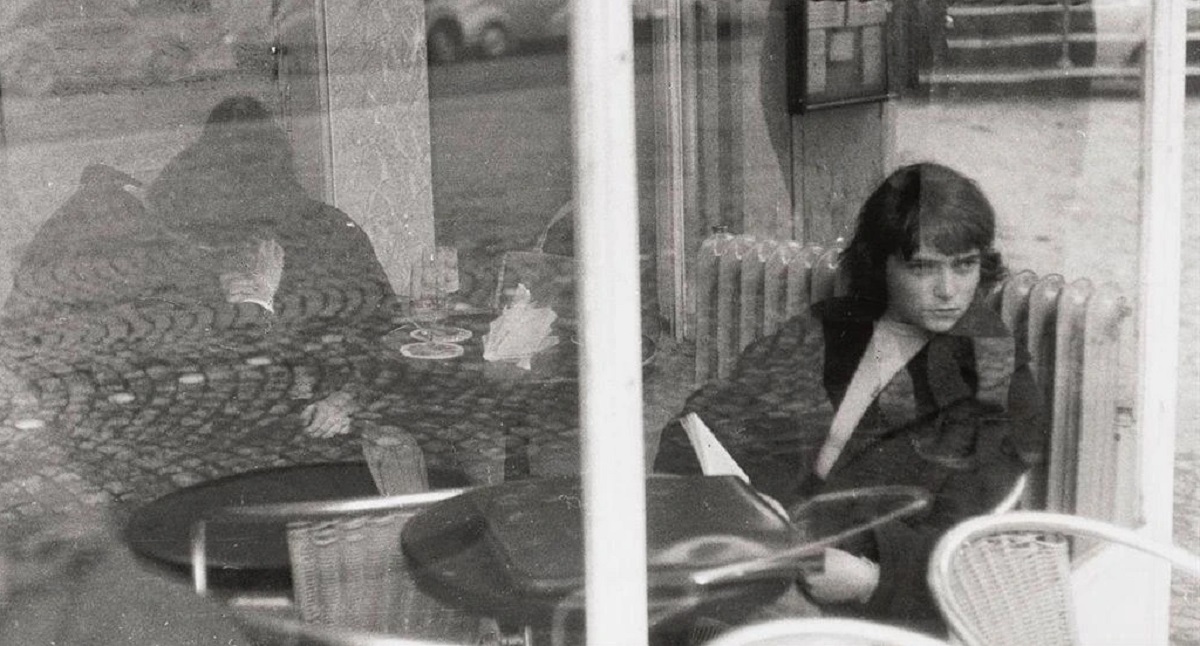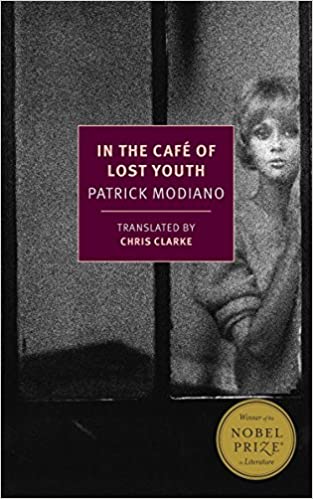Shadows That Never Leave Us

Losing oneself in memories always stands as a perilous exercise. Nostalgia blinkers us to the more painful or uncomfortable details of our past and convinces us to undervalue or ignore the places and people forming our present. Nonetheless, when looking backward, we often recognize a specific individual, happening, or moment that will forever haunt us, whispering of a feeling, wonder, or joy which we will never again encounter in this world. Something transcendent and ephemeral. Forever gone.
In the Café of Lost Youth, a short novel by the French writer and Nobel laureate Patrick Modiano, explores this complex and dangerous dalliance with the past through several characters recounting their fleeting relationships with a mysterious and troubled young woman nicknamed “Louki.” These encounters originated at Condé, a cafe patronized by quintessential Parisian bohemians, a coterie of students, vagabonds, and aging eccentrics.
This is a strange, yet compelling book. Four first-person narrators, including Louki herself, discuss their memories of the cafe, what initially drew them to its tables, and what kept them returning to them. The opening character, an unnamed young man describes frequenting the establishment as an insecure, confused student. A photographer snapped occasional pictures of Louki and other regulars. These images later appeared in a monograph on Paris. Another patron maintained a daily log of the visitors at the cafe over the period overlapping with the events chronicled in the novel. These artifacts present the only evidence documenting this time and place in the characters’ unknowingly interlocking lives.
Years later, the first narrator still finds his mind wandering to his memories of Louki, “[h]er timidity, her languid movements, her smile, and above all her silence.” Amid his remembrances, he acknowledges that Louki–who represents all the possibilities and freedoms of early adulthood for him–never even knew his name. This admittance underscores the quiet and accidental nature of key elements shaping one’s sense of self.
Although lacking a clear plot, the novel is set entirely in Paris, both in the past and present of its main characters. The disorienting changeability of the city itself courses through the narrative as a foundational theme. Condé, the cafe central to the memories and accounts of each of the four narrators, is now a leather goods shop in an affluent neighborhood. Much older and buffeted by life, different characters look at this building and search for a shadow of their former selves–young, wondering, and beautiful. Many readers will likely relate to this private, elegiac quest.
In the earlier and darker days of the pandemic, time became fraught. The present promised fear. The future appeared grim. All we possessed was the past. In the Café of Lost Youth reminds us of our double-edged relationship with it. As much as we long to forgot the mistakes and pains of our yesterdays, we desire to recapture the beginnings and reveries remembered in them.
Midnight Rambles: H. P. Lovecraft in Gotham is available for pre-order!
